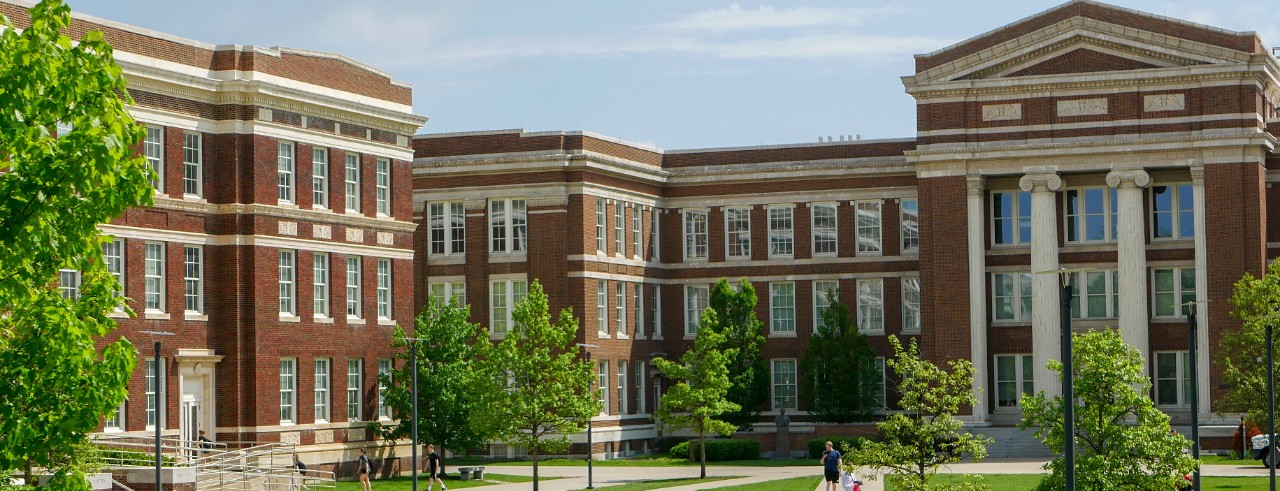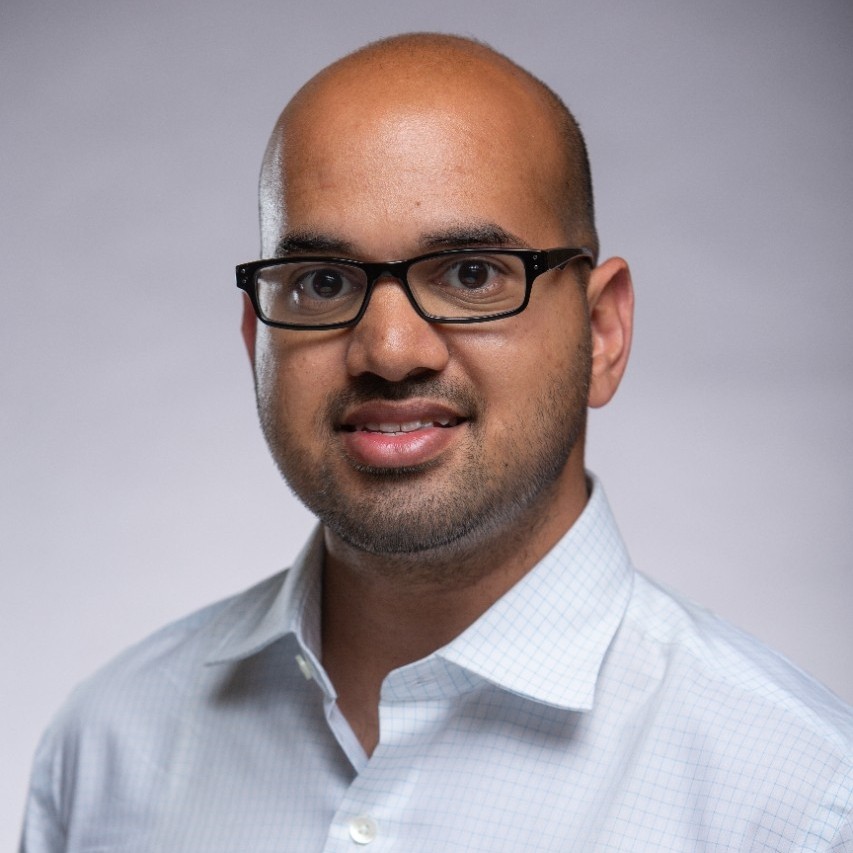
UC professor works to create a smartphone COVID-19 test
Aashish Priye pivoted his work to focus on the pandemic

Aashish Priye, a University of Cincinnati assistant professor of chemical engineering, has spent much of his research career developing a smartphone diagnostic device for the rapid detection of viruses.
When the novel coronavirus emerged, Priye turned his focus toward COVID-19. Priye and the UC students in his lab are exploring a smartphone-based DNA analyzer that could allow a user to test themselves at home.
Priye is focused on perfecting a process known as LAMP — loop-mediated isothermal amplification — as a potential alternative to the current process of pathogen detection called polymerase chain reaction (PCR), which has been used for more than 30 years and is mostly done in a lab.
“Today’s gold standard PCR system is a bulky machine that uses a lot of power — we know this can be improved,” Priye said. “Our work is curiosity driven — we aim to create the next generation of microfluidic devices using rapid micro-fabrication techniques.”
Priye is heading up one of 13 research teams, each awarded a phase-one $10,000 planning grant last year in the Digital Futures Anchor Development Program from the UC Office of Research. The anchor teams will carry on their research inside the new Digital Futures space, when it opens in 2022.
Featured image at top: Baldwin Quad on UC's campus. Photo/Corrie Mayer/CEAS Marketing.
Related Stories
Engineering doctoral student studying cyberattack prevention...
April 21, 2025
As a top graduating student in his undergraduate class, Logan Reichling came to the University of Cincinnati to further his education through the direct-PhD program in computer science. His initial connection to UC’s College of Engineering and Applied Science was through his current advisor, Boyang Wang, in an undergraduate research program. Since arriving at CEAS, Reichling has been honored with several awards, including being named Graduate Student Engineer of the Month.
UC celebrates Earth Day with greener, bolder moves
April 18, 2025
This year, UC’s Earth Day celebration honors a growing portfolio of eco-conscious achievements that stretch across the main and regional campuses. In a university-wide effort that bridges environmental science, design and community action, Bearcats are proving that green isn’t just a color — it’s a culture.
UC professor awarded Carnegie fellowship
April 18, 2025
Cincinnati’s NPR station, WVXU, highlighted the University of Cincinnati’s very first Carnegie Award recipient in an interview this week.
